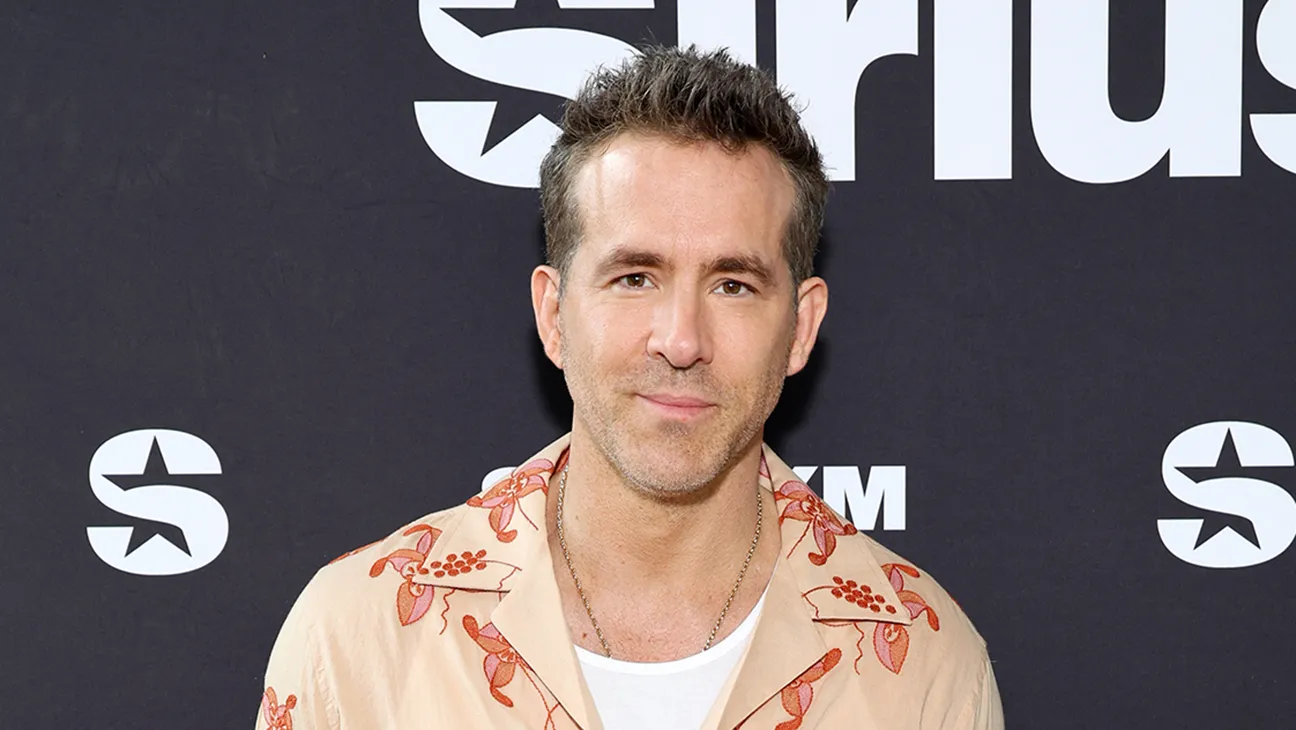Ryan Reynolds’ £10 Million Wrexham Gamble: Inside the Actor’s High-Stakes Business Empire
Ryan Reynolds has spent years turning charm into capital. But as his football club Wrexham faces mounting pressure in its first Championship season in over four decades, the actor-turned-entrepreneur is learning that storytelling and success don’t always play by the same rules. The man once hailed as Hollywood’s most affable marketer is now facing a dilemma worth more than £10 million — and it’s testing not just his business instincts, but his reputation as one of the world’s most admired celebrity owners.
The stakes are unusually high. Reynolds and co-owner Rob McElhenney transformed a struggling Welsh football club into an international phenomenon, powered by Netflix cameras, TikTok trends, and the kind of underdog story that sponsors dream of. But behind the global smiles and polished PR sits a harsher reality: football is brutal, expensive, and emotionally consuming — even for billionaires in the making.
The £10 Million Wrexham Dilemma
When Wrexham secured promotion last year, it was seen as the perfect Hollywood ending. This season has reminded everyone that sequels are harder. The team sits mid-table after a £33 million summer transfer spree that included the club-record signing of Welsh forward Nathan Broadhead for £7.5 million, potentially rising to £10 million.
Broadhead’s slow start, hampered by injury, has left manager Phil Parkinson juggling pressure and expectation. The forward’s price tag has quickly become shorthand for Wrexham’s growing pains — a symbol of the fine line between ambition and overreach.
Sources close to the club say Reynolds remains “fully committed” but privately frustrated. “Ryan is patient, but he’s also a perfectionist,” said one insider. “He understands investment cycles — he built companies that way — but football is a different world. You can’t script form, luck, or goals.”
For now, the celebrity owners appear united. Both Reynolds and McElhenney are reportedly backing Parkinson through the season and have already greenlit a January transfer move for another striker. There’s even speculation that Reynolds, ever the networker, has reached out to contacts within Pep Guardiola’s Manchester City setup for advice on scouting and analytics.
It’s a fitting twist. What began as a passion project to revive a small Welsh club has evolved into one of the most fascinating business experiments in sport — a masterclass in how storytelling and finance can collide, sometimes uncomfortably.
The Businessman Behind the Brand
It’s easy to forget that Reynolds isn’t just a movie star who dabbles in side projects. He’s an investor with an instinct for timing and tone — a combination that’s made him one of the wealthiest entertainers alive.
His $300 million sale of Mint Mobile to T-Mobile in 2023 was one of the most profitable celebrity business exits of the decade. Before that, he sold his stake in Aviation Gin to Diageo for a deal reportedly worth up to $120 million. He also owns stakes in Alpine F1, through his Maximum Effort Investments fund, and continues to oversee Maximum Effort Productions, a film and advertising studio valued in the tens of millions.
Each move follows the same pattern: Reynolds invests early, creates a distinct narrative, and then amplifies it through humor and authenticity. His approach has become so recognizable that marketing agencies study it. He doesn’t just sell — he makes audiences feel like they’re part of something.
It’s an instinct that places him in rare company. Like Keanu Reeves, another reluctant celebrity who quietly built a respected brand — in Reeves’ case, ARCH Motorcycle Company — Reynolds has mastered the art of transforming personal integrity into commercial power. Both men sell authenticity in an age obsessed with artifice. Yet where Reeves leads with silence and precision, Reynolds wields charisma and comedy. The result is the same: trust.
And that trust is his true currency. Unlike many celebrity investors who keep emotion out of their ventures, Reynolds leads with it. He brings vulnerability and transparency into boardrooms that are usually allergic to both. It’s what makes him relatable — and what makes his Wrexham journey fascinatingly unpredictable.
When Emotion Meets Enterprise
In business, as in acting, Ryan Reynolds understands the power of emotion. That authenticity, however, has come at personal cost. In a recent appearance at the Toronto International Film Festival, the actor spoke about his father’s death and the unexpected ways grief continues to shape him.
“The grief thing is odd,” he told an audience while promoting his documentary John Candy: I Like Me. “It hits you at the weirdest moments — like a freight train.”
His father, James Reynolds, died in 2015 after a long battle with Parkinson’s disease. Since then, Ryan has become an advocate for awareness and education around the illness, supporting campaigns such as More to Parkinson’s that help families understand the lesser-known symptoms.
It’s a rare admission from a man who, for years, avoided interviews altogether. But that openness — that willingness to show the cracks — is what makes Reynolds such an effective leader. Whether running a production company, managing a football club, or raising four children with wife Blake Lively, he leads with a balance of empathy and resolve.
“When my kid tells me I’m the worst, I get down on their level and tell them I believe them,” he said recently. “That’s where healing happens.”
The Wrexham Effect
When Reynolds and McElhenney bought Wrexham for just £2 million in 2020, it was a curiosity. Today, it’s a case study. The club’s global fan base has exploded thanks to the FX docuseries Welcome to Wrexham, turning the small Welsh side into a pop culture phenomenon. Sponsorship revenue has tripled, match-day attendance has surged, and Wrexham merchandise now ships to more than 60 countries.
Still, beneath the glossy surface, the numbers are complex. Wrexham’s wage bill has reportedly quadrupled since 2021, and annual losses hover near £10 million — a reminder that passion projects can quickly become balance-sheet burdens.
Reynolds, though, isn’t panicking. He knows how to build momentum. “Ryan sees football like filmmaking,” said one associate. “He understands pacing. Sometimes you need conflict before the redemption arc.”
Beyond the Pitch: The Brand of Ryan Reynolds
In an era of disposable celebrity ventures, Reynolds’ portfolio stands out for its coherence. Every project — from Mint Mobile to Wrexham — reflects his values: humor, accessibility, optimism, and purpose.
He’s also reshaping the way stars interact with business. Instead of hiring consultants or faceless teams, Reynolds personally writes copy, appears in ads, and engages on social media. It’s the antithesis of corporate detachment — and it works.
“Ryan doesn’t chase exits; he chases meaning,” says marketing strategist Laura Felton. “That’s why audiences and investors trust him. His products tell stories that feel alive.”
What Comes Next
Between promoting Deadpool & Wolverine, parenting four children, and steering multiple companies, Reynolds now faces the most unpredictable chapter of his career: managing growth in an industry where money doesn’t guarantee victory.
His focus for 2026, insiders say, will be expanding Maximum Effort Investments, targeting European tech and wellness brands, while supporting Wrexham’s ambitious plan to expand the Racecourse Ground and push for Premier League promotion within five years.
Whether that dream survives the Championship grind remains to be seen. But for Reynolds, risk is part of the thrill. “He’s not afraid to lose,” said one colleague. “He’s afraid of not trying.”













